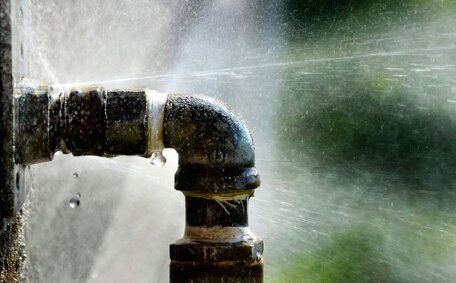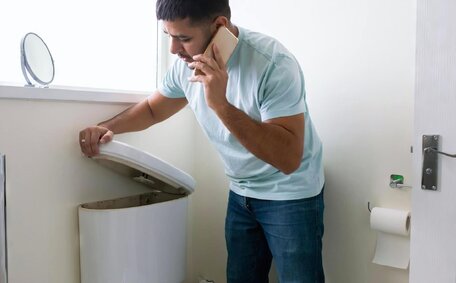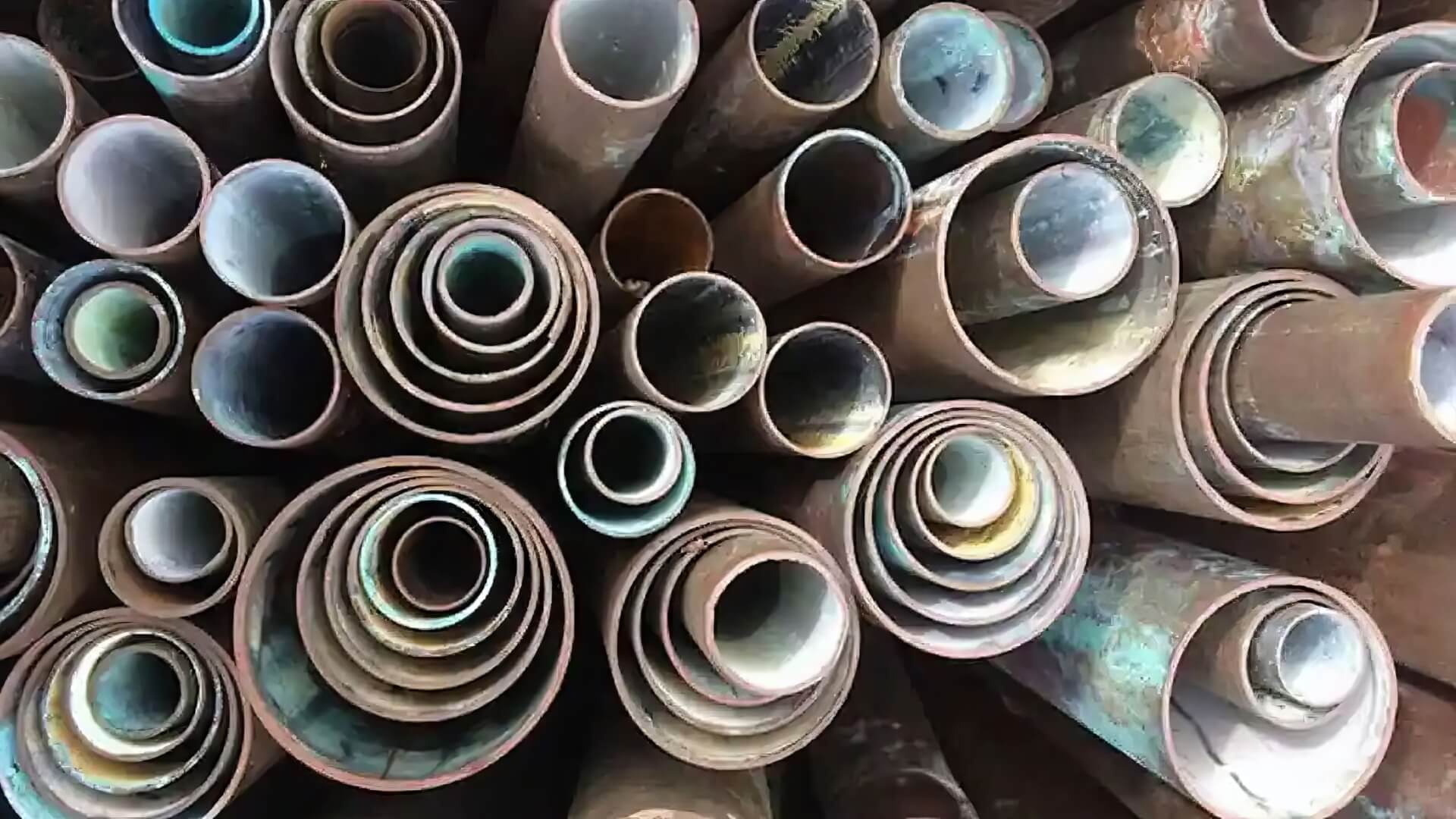
10 Signs Your Hot Water Heater Will Fail
If your water heater is old, leaking, rusty, noisy, not heating water properly or has low pressure, it could fail soon. Get your hot water system inspected today.
Read MoreInstalling gas appliances requires professional expertise due to the complexities involved with combustible fuel sources. This guide outlines critical considerations for homeowners installing new gas appliances and underscores the importance of hiring licensed professionals to ensure safety.
When bringing a new gas appliance into the home, the first step is choosing a unit certified for use in your region. Appliance specifications differ across states and territories due to varied climate conditions, emissions regulations, and utility requirements. Consultation with a licensed gas fitter will ensure your appliance selection suits local codes.
Once a new cooktop or other approved appliance is acquired, A professional installation assures secure connections, precise ventilation, anti-tip safety, and thorough leak detection. Shortcomings in these areas pose severe risks, which expert services mitigate with reliable and efficient installation practices. Comply with manufacturer instructions and trust specialists to manage your gas cooktop installation, particularly for technical tasks like modifying gas pipes.
Despite seeming straightforward, DIY cooktop installation is risky; professional plumbers guarantee safety and compliance. Enlist a local plumber with gas installation expertise to ensure appliance longevity and reliable performance.
Attempting to install your new gas cooktop through DIY methods can have severe and potentially fatal consequences. Gas systems operate under high pressure and must be integrated into your home requiring specialty tools, materials and expertise to install safely. Hazards from incorrect DIY installation include risks to the hot water heater:
DIY gas installations can breach local regulations and compromise your home’s safety. Consequences may involve:
Gas appliances must also be serviced regularly to maintain safety. DIY installations jeopardise essential safety requirements and potentially disrupt gas safety records without a skilled plumber’s management.
Due to these hazards, it is a legal requirement for Australian households to engage licensed gas fitting services for appliance installations. Their qualifications ensure all your home’s safety remains intact for future owners. Additionally, correct installations avoid added costs from post-incident repairs or reinstallations to bring systems up to code.
In summary, gas appliance installations are complex tasks with little margin for error. Trust only qualified plumbers for gas installation to ensure your home’s safety and regulatory compliance. Always hire professional gas fitters who can install these systems reliably.
Installing gas appliances necessitates plumbers do gas stove work and is essential for providing extensive technical knowledge and practical capabilities. DIY gas appliance installation poses a risk to your family; professionals have the expertise for a secure setup:
Licenced gas fitters offer warranties and insurance protections that amateur installations lack. Steer clear of risky DIY work that could put your home in danger. For the safest, most reliable gas appliance installations in Sydney, contact our dedicated team today on 1300 349 338.
When evaluating gas cooktops, consider efficiency ratings, size suitability, and compatibility with your home’s existing gas supply.
Consider the energy star rating when choosing a gas range for long-term energy efficiency and cost savings. Higher rated models consume less gas for the same outputs. While they might have a greater upfront cost than electric models, they offer long-term savings on energy bills.
Gas appliances must align with your household requirements and the available space. Measure your existing cutouts to ensure the new appliance can fit before purchase. Units that are too small can lead to frustration, while oversized ones may result in energy wastage.
Ensure the gas type (natural gas or LPG) matches the gas stove your home supply lines service, including the gas cock. Connecting an incompatible gas type is hazardous. If uncertain, Have your lines checked by an experienced gas plumber.
After installation, ensure your installer verifies that ventilation requirements have been met. Insufficient ventilation causes a dangerous buildup of toxic gases.
When adding a gas cooker, prioritise safety and consult licensed gas fitters if in doubt. Our team can help guide your selection process and handle certified installations.
Preparing your home or business adequately before a gas appliance installation appointment will ensure the process runs efficiently. Here are some essential preparations you can make before the technician’s visit:
Ensure technicians can easily access your home centers, like your kitchen, particularly for areas where your gas cooktop will be installed. Remove furniture orstored items blocking access to wall cavities, manholes, or ceiling spaces where gas andventilation connections will run.
Check manufacturer guidelines for required clearances around your stove after installation. Technicians require sufficient space to perform testing procedures and future servicing of your oven.
Providing this information upfront avoids delays and allows our gas fitting services to prepare fittings to suit your site requirements.
With thorough preparation, your installation will advance seamlessly and safely.Contact Mortdale Plumbing on 1300 349 338 to book your installationtoday.
Regular maintenance is vital for the safety and reliability of gas appliances throughout their operational life. Licenced technicians should inspect gas systems at least every 2 years in domestic settings, or annually for commercial appliances.
During servicing, technicians will conduct checks on:
The absence of regular servicing increases the risks of carbon monoxide poisoning, gas leaks, and fires. Any appliance deficiencies or developing issues will also remain undetected without regular checks.
At Mortdale Plumbing, we offer discounted ongoing maintenance plans to keep your appliances running safely for years after installation. Contact us today on 1300 349 338 to learn about our gas servicing packages.
Installing a gas appliance is a multi-step process that requires expertise to complete safely. Here is an overview of what to expect when technicians install new gas appliances professionally:
Technicians begin by assessing your site to identify specific requirements for installing your gas stove, including:
Technicians will methodically disconnect and remove old units to make way for a secure connection to your new stove. Technicians will hook up gas to new lines using an end connector fitting and cap any that are unused at this stage.
Your new gas stove will be positioned and connected to existing gas lines, with any additional electrical work completed as needed. Some key aspects involve:
Extensive checks verify that your newly installed appliance functions correctly and safely. Checks involve flare testing, leak detection, and test operation.
Upon finishing the installation and switching from old to new connections, you’ll receive important documents such as compliance certificates and initial maintenance schedules. While technical, Gas appliance installation is a precise, regulated process. Trust in the experience of licenced technicians like our team at Mortdale Plumbing to ensure it’s done correctly the first time.
When comes to gas appliance installations, strict adherence to safety protocols and compliance requirements is essential to mitigate risks. Australian Standard AS/NZA 5601, observed by licensed gas professionals, governs gas installations with specific clauses mandating:
Licenced technicians are fully qualified to conduct these safety measures. Upon completion, they will provide documentation like compliance certificates listing the work they carry out. Keep this paperwork on file, as it will be required during any future property sales as proof of legally compliant installation.
I don’t advise attempting hazardous DIY gas appliance installation as it risks heavy fines and prosecution in NSW due to non-adherence with safety legislation. Additionally, insurance claims may be refused if installations are not to standard. Always hire reputable gas fitting professionals like our team at Mortdale Plumbing to ensure legal compliance and duty of care.
If your water heater is old, leaking, rusty, noisy, not heating water properly or has low pressure, it could fail soon. Get your hot water system inspected today.
Read MoreIf you have plumbing fixtures that are over 10 years old or showing signs of wear like leaks and cracks, it’s important to replace them to prevent more costly water damage in the future. Replacing worn fixtures improves water efficiency.
Read MorePipe relining is a trenchless method that renews pipes from the inside out. It involves draining, drying and scrubbing the pipe interiors before applying materials like silicone, PMMA or epoxy resins to create a resilient, soft, temporary liner inside the existing pipes.
Read MoreMortdale, 2223 NSW
We will call back as soon as possible.




